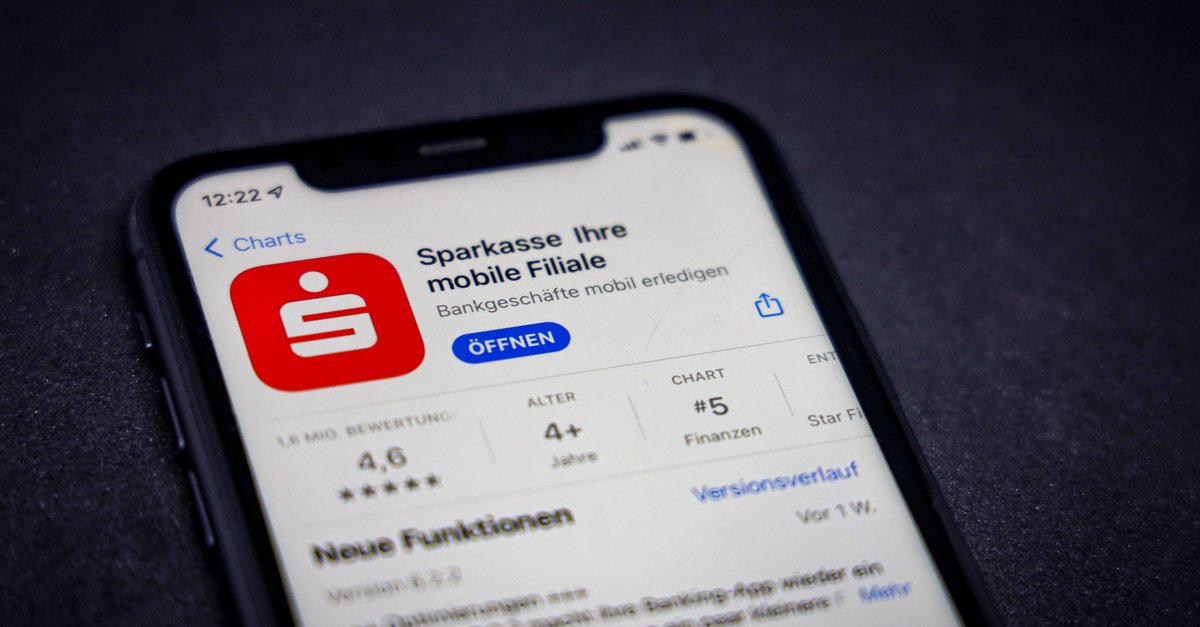Users share posts on social media despite warnings
Social networks are particularly vulnerable to the spread of misinformation. That’s why Facebook, Twitter and Co. have committed themselves to marking potentially false or misleading posts in their code of conduct for disinformation. But these warnings on social media do not seem to keep many users from sharing.
The spread of fake news can not only damage the image of those affected. Misinformation can also have economic effects.
In 2019, for example, fake news is estimated to have spread worldwide a loss of around 78 billion US dollars served. In the USA alone, the damage is estimated at around 17 billion US dollars.
In order to curb the sharing of false content, the major social networks have been marking questionable posts with warnings for some time. According to EU reports, however, these are probably not as successful as hoped.
Contents
How Bloomberg reportedwarnings about potentially false or misleading posts are ignored in most cases, according to EU reports.
According to this, TikTok users would share posts even if they contained a warning that the information was “unverified”. This happens 71 percent of the time, according to the company’s report.
On Facebook, warnings would only prevent users from sharing 25 percent of the marked posts. At Instagram, the number is at least 38 percent.
The Code of Conduct on Disinformation
Behind the reports of the major social networks is the Code of Conduct on Disinformation. This is a collection of self-regulatory standards to prevent disinformation in social networks.
For the results of the self-monitoring, the signatories of the code now have a transparency center furnished. For the first time, the large tech companies have published their reports here on how they are putting their obligations under the Code into practice.
The EU wants to make “the efforts of the signatories to combat disinformation and the implementation of the commitments made under the code visible and understandable,” says one Notification of the EU.
EU not satisfied with Twitter report
According to the EU, all signatories submitted their reports on time. These would be based on an agreed harmonized reporting template.
However, the report from Twitter was flawed. This is because it contains “only a small amount of data”. Also, “no information about the commitments to strengthen the fact-checking community” is included in the report.
“I am disappointed that Twitter’s report is lagging behind the others and I expect a more serious commitment to the obligations stemming from the Code,” commented Věra Jourová, Vice-President of the European Commission and Commissioner for Values and Transparency.
Also interesting:



